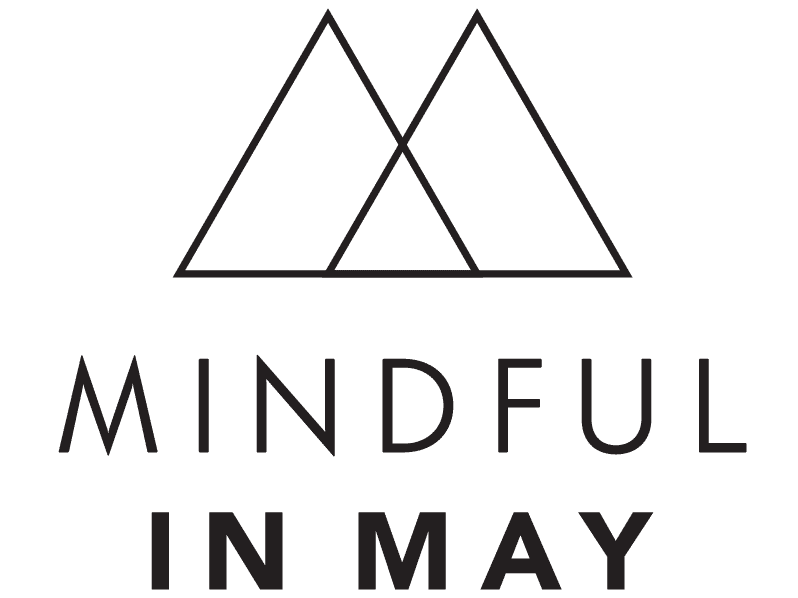The Future is Here—Are We Ready?
The future is here.
Technology is racing ahead at an astonishing speed, and I find myself wondering.
How are we, as humans, going to keep up?
What is it going to mean to be human in a world of A.I?
China can now create hyper-realistic videos from a single photo, making it nearly impossible to distinguish between what’s real and what’s AI-generated.
You can see one here: it’s a video of Albert Einstein created from a single photo.

His accent is of course incorrect but you get the point.
My kids will grow up in a world where they may never be sure if what they’re seeing, hearing, or even feeling is real or artificially created.
And I ask myself— how will they live in a world where the line between truth and fiction is completely blurred?
What does that do to the human brain?
Ray Kurzweil, a controversial but often accurate futurist, describes a near future where Brain-Computer Interfaces (BCI) will make our brains function like smartphones—seamlessly connected to the cloud, pulling in answers instantly. No typing, no searching—just knowing. As he puts it.
“People say they don’t want that. But people thought they didn’t want smartphones either.”
This isn’t a distant possibility. It’s happening now.
Artificial intelligence isn’t just changing industries—it’s changing how we think, how we relate to reality, and how we define what it means to be human.
Liesl Yearsley, an AI ethicist and entrepreneur, warns that AI is shaping our thoughts, emotions, and behaviors in ways we don’t fully understand. The more we integrate AI into our lives, the more we need to ask: Are we the ones guiding this technology, or is it subtly guiding us?
Daniel Schmachtenberger, possibly one of the smartest thinkers on the planet right now, puts it even more starkly: “If we don’t have wisdom that scales with power, our increased power will destroy us.”
So, I find myself sitting with some big questions:
- How will AI shape the way we work, learn, and make decisions?
- How will our kids navigate a world where digital and real are indistinguishable?
- How do we ensure this revolution serves humanity rather than the other way around?
We don’t have to fear the future. But we do have to be awake to it.
Are you worried or excited about the future?
Warmly,
Elise

"If we wish to be healthy, happy and clear-minded, we need to upgrade our “inner technology”of attention to meet the demands of our increasingly complex world. That's where mindfulness comes in.."
- DR ELISE BIALYLEW
about the HOST AND FOUNDER OF
MINDFUL IN MAY:
DR ELISE BIALYLEW
Elise Bialylew is the author of the bestselling book, The Happiness Plan, and founder of Mindful in May, the world’s largest online global mindfulness fundraising campaign.
A doctor trained in psychiatry, turned social entrepreneur and mindfulness expert, she’s passionate about supporting individuals and organisations to develop inner tools for greater wellbeing and flourishing, and offers workshops and training at The Mind Life Project.
Her work has been featured in the Huffington Post, New York Times and on Australian Television. She was recently recognised by the Australian Financial Review as a 2019 AFR Women of Influence.
Keep in touch with us
Sign up to access additional resources, mindfulness tips and to find out about upcoming events.
When you submit your email you are opting-in for our emails and relevant upcoming updates from Elise. You can unsubscribe any time.

